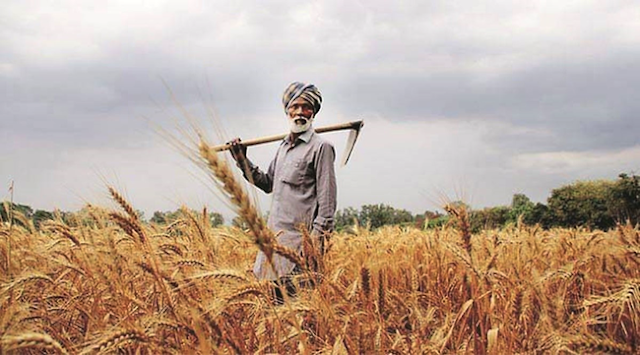A subsistence economy is an economic system in which individuals or communities produce goods and services primarily for their own consumption, rather than for exchange or trade with others. In other words, the main goal of economic activity is to provide for basic necessities, such as food, clothing, and shelter, rather than to generate profit or accumulate wealth.
In a subsistence economy, people often rely on traditional methods of production and use simple tools and technologies. Agriculture, hunting, and gathering are common means of providing for basic needs. Any surplus production may be traded or exchanged within the community or with neighboring communities.
Subsistence economies were once common throughout human history, and still exist in some parts of the world today. However, they have become increasingly rare as most societies have transitioned to market economies, where goods and services are produced for sale and exchange in markets.
